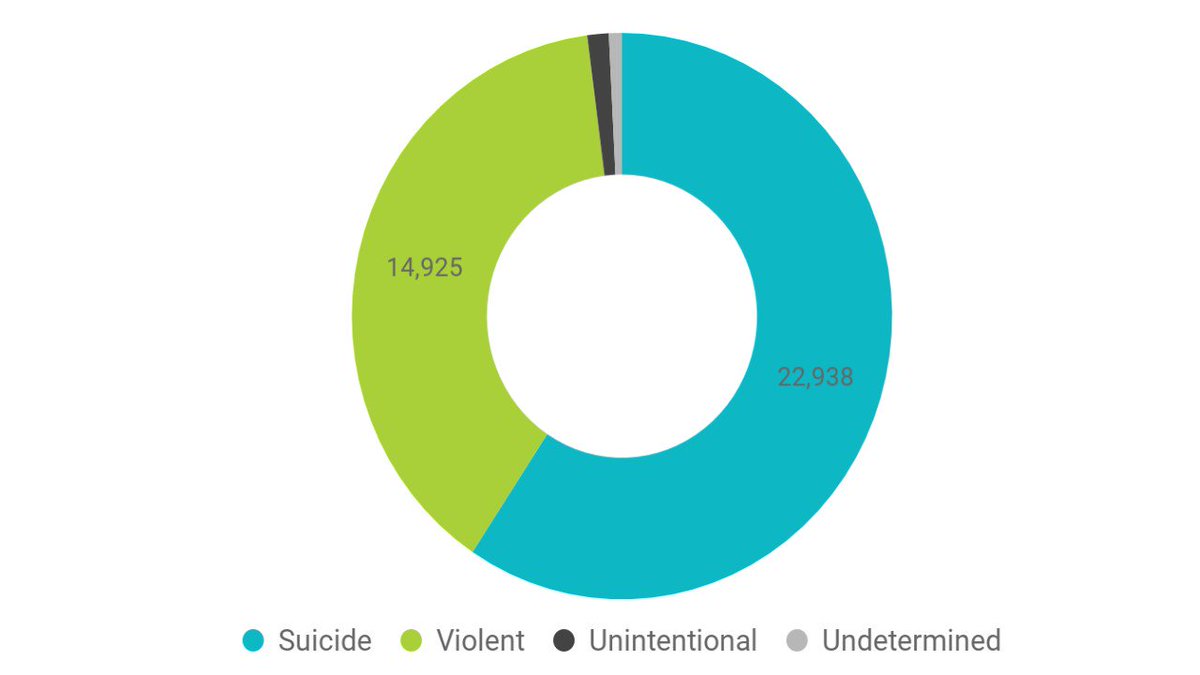Most hitters that I work with have developed inefficient/flawed movement largely derived by ...."learning without awareness."
@PLite3 writes:" Recently, I think the pendulum has swung way too far in the direction of external cues." I agree with this and this is certainly one reason I started this thread. I think this is the case due to a misinterpretation of research by Wulf, et. al.
OF COURSE----this is precisely what NEEDS to happen!! As I stated before, the first stages of RE-learning how to swing for many are "blissful ignorance" and "awkward self-awareness."



